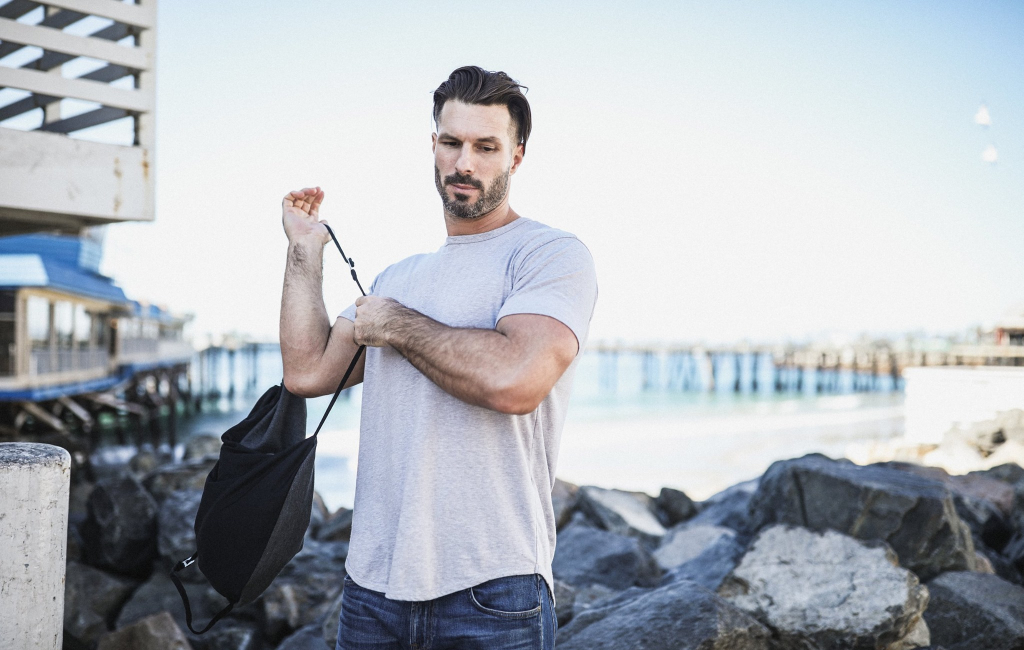Fat Shack Late Night Food
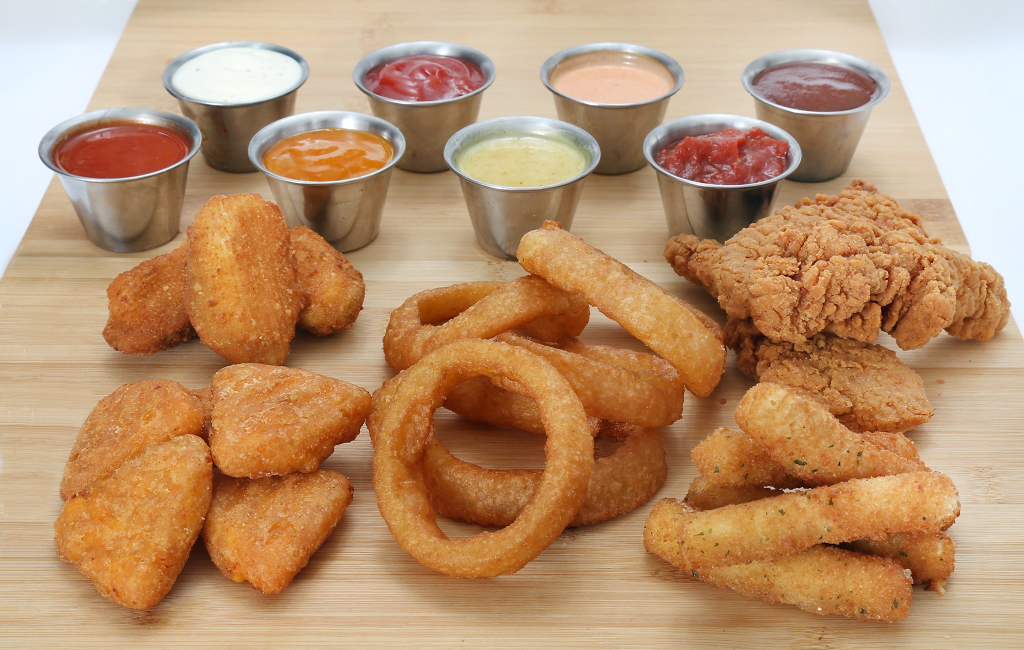

DEAL
EPISODE SUMMARY
🕓 Air Date: May 12, 2019
Asking For:
$250,000 for 7,50%
Investor:
Mark Cuban
Deal:
$250,000 for 15%
PRODUCT SUMMARY
Fat Shack specializes in decadent, over-the-top sandwiches, combining items like French fries, chicken fingers, mozzarella sticks, and more, creating indulgent meals that are popular for late-night cravings.
WATCH HERE
IN A RUSH?
Click these to jump to the section you want to read.
Background Story
Fat Shack, a decadent fast-food business, originated from the entrepreneurial journey of its founder, Tom Armenti. The story begins in 2010 when Armenti, facing financial struggles during college, turned to playing online poker to make ends meet. Throughout his college years, he never held a traditional job but relied on his resourcefulness and strategic thinking.
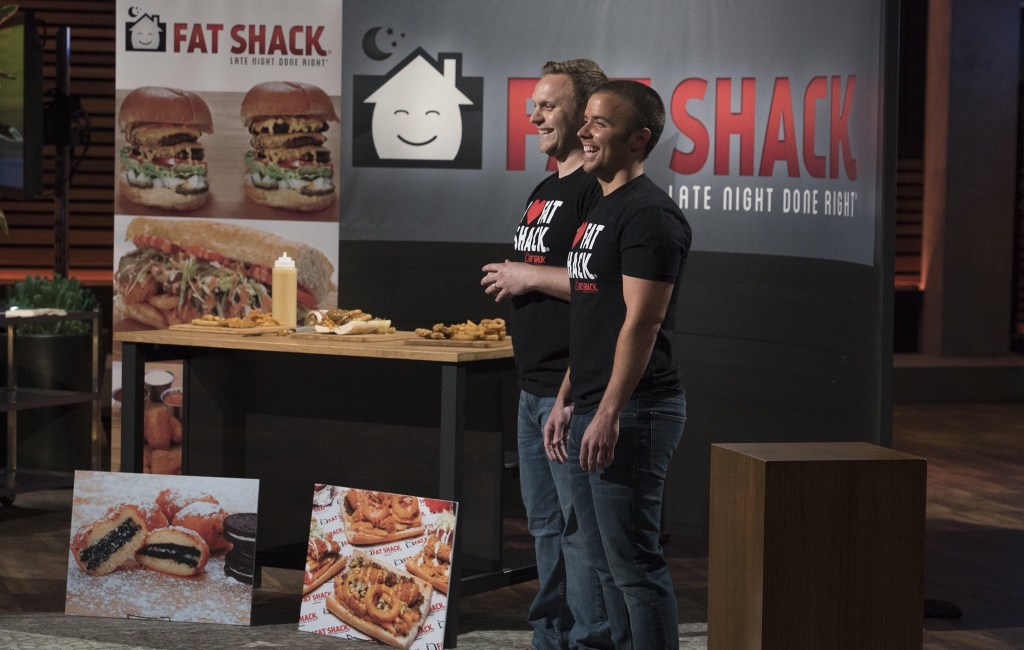
Armenti’s breakthrough came when he negotiated a deal with a local bagel shop near his college in New Jersey. The agreement allowed him to use the shop’s equipment to run his restaurant from 6:00 PM to 4:00 AM, creating a unique business model that catered to late-night cravings. The concept started with a focus on comfort foods, offering a variety of indulgent sandwiches loaded with items like French fries, chicken fingers, mozzarella sticks, and more.
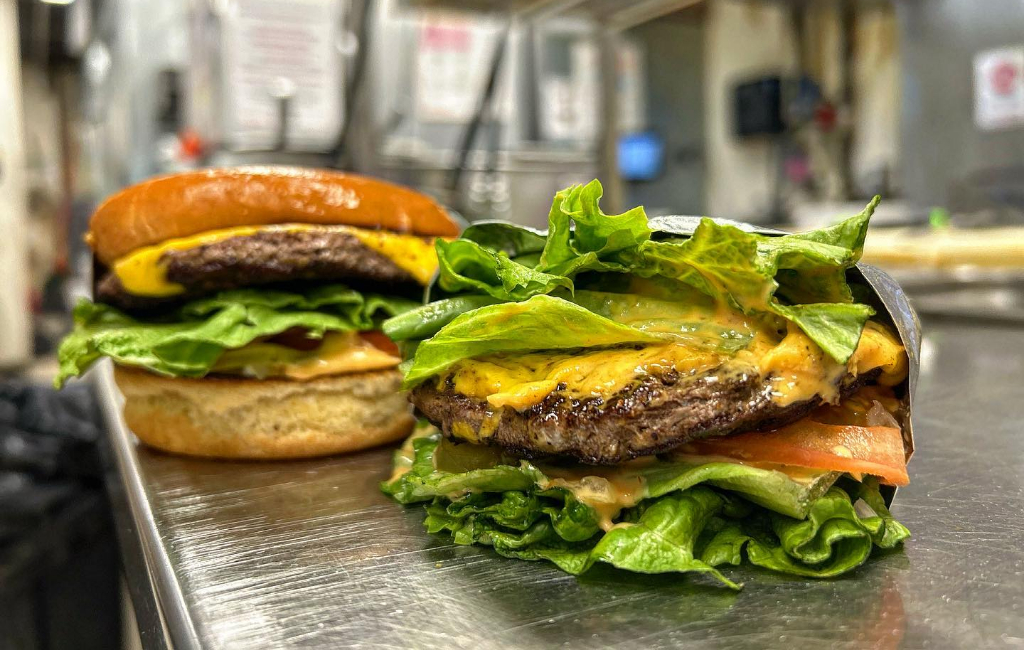
As the founder of Fat Shack, Armenti’s early experiences shaped the brand’s identity and business strategy. The initial success in New Jersey paved the way for expansion, and Armenti, along with his college friend Kevin Gabauer, ventured to Colorado, opening the first full Fat Shack near Colorado State University. The product idea stemmed from Armenti’s understanding of the market’s demand for late-night comfort food. The sandwiches, ranging from 700 to 2,000 calories, became a hit, addressing the need for indulgent, cheat meal experiences.
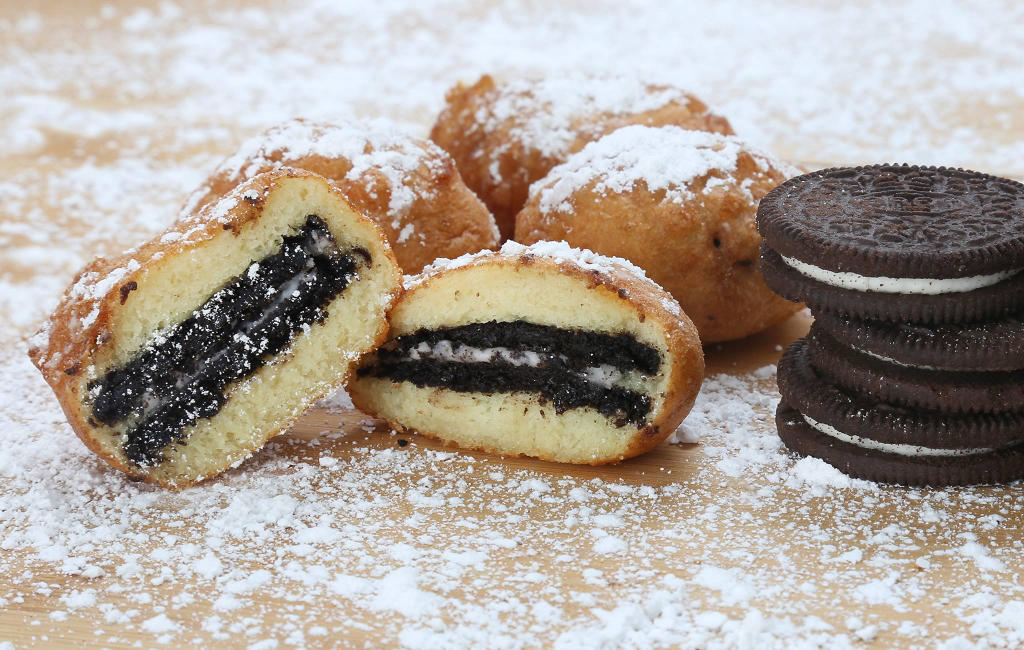
The Product
Fat Shack’s flagship product is an indulgent and hearty sandwich that redefines comfort food. These over-the-top sandwiches, known for their abundance of flavors and textures, have become a hallmark of the brand’s identity. The sandwiches are meticulously crafted, combining classic comfort food items into a single, satisfying meal.
Typically, the sandwiches include a base of French fries, chicken fingers, mozzarella sticks, and other mouthwatering components, all expertly layered between slices of bread or buns. The result is a culinary masterpiece that caters to those seeking a cheat meal or a flavorful treat. The calorie count ranges from 700 to 2,000, providing a truly indulgent dining experience.
Customers can enjoy a variety of options, from triple-stacked cheeseburgers to deep-fried funnel cake bites, offering a diverse menu of comfort foods beyond the signature sandwiches. The availability of these indulgent items makes Fat Shack a go-to spot for late-night cravings, with operating hours extending until 4:00 AM.
Pricing for the sandwiches varies based on size and ingredients, ensuring there are options for different preferences and appetites. The brand’s commitment to providing a unique and satisfying experience has contributed to its success, attracting customers who appreciate the fusion of familiar comfort foods into a single, flavorful package.
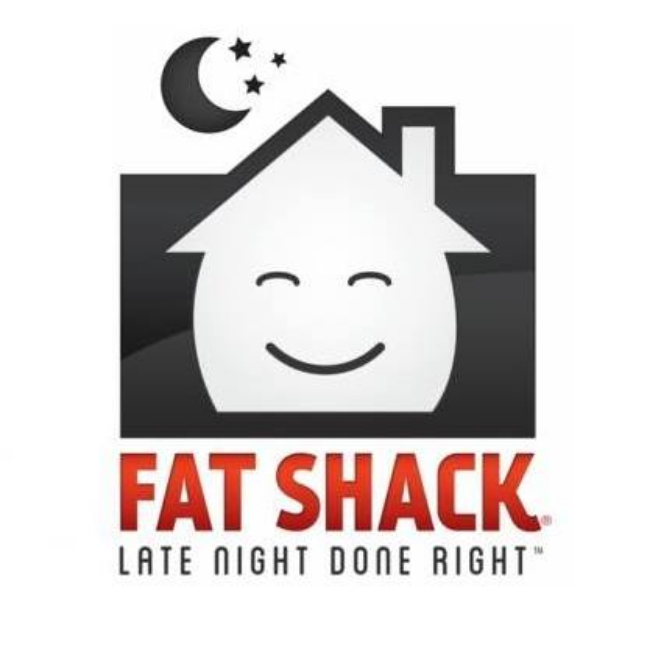
How It Went
The company’s position before Shark Tank
Fat Shack has demonstrated robust performance since its inception in 2010, positioning itself as a successful player in the fast-food industry. With over $22 million in sales to date, the company has proven the appeal of its indulgent comfort food offerings. In the last year alone, Fat Shack achieved $5.7 million in system-wide sales, reflecting the brand’s sustained popularity and growth. The company’s current structure includes 11 locations spread across three states, with nine operating as franchisees and two owned by founders Tom Armenti and Kevin Gabauer. This combination of corporate-owned and franchised stores highlights a strategic approach to expansion and revenue generation.
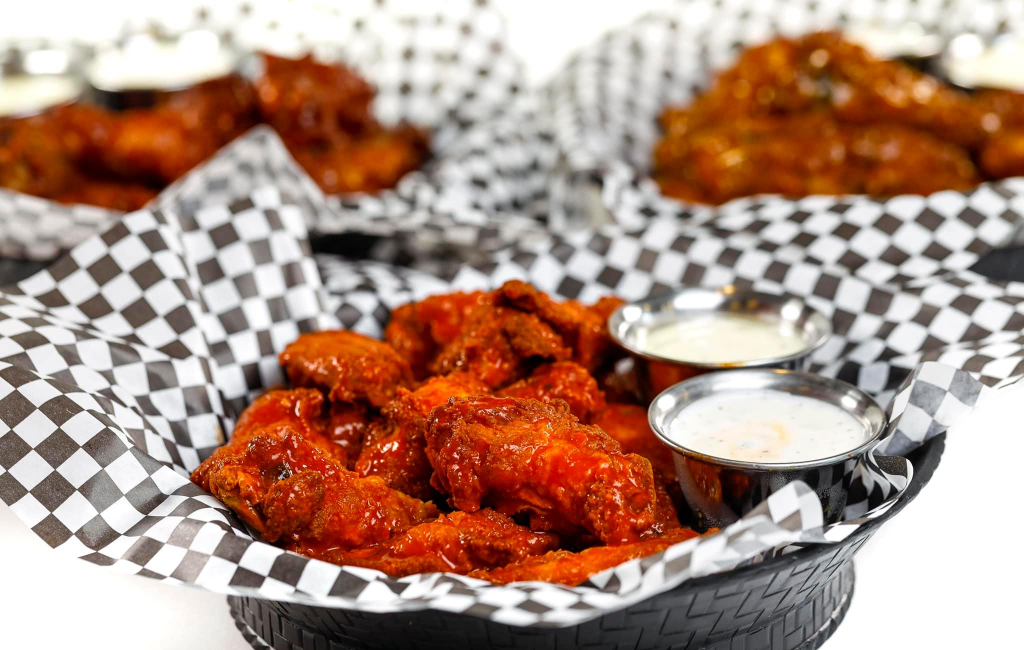
Fat Shack’s primary source of revenue comes from franchise fees, which amount to $18,000, and a 6% royalty from franchisees. The founders have adopted a growth strategy that involves finding owner/operators who share their passion and commitment to the brand. Despite the indulgent nature of their offerings, the company has maintained profitability, with an average profit margin of 10%. Customers are a key aspect of Fat Shack’s success, with the brand attracting a diverse audience seeking late-night comfort food indulgence. The popularity of the concept is evident in the system-wide sales and the brand’s expansion to different states.
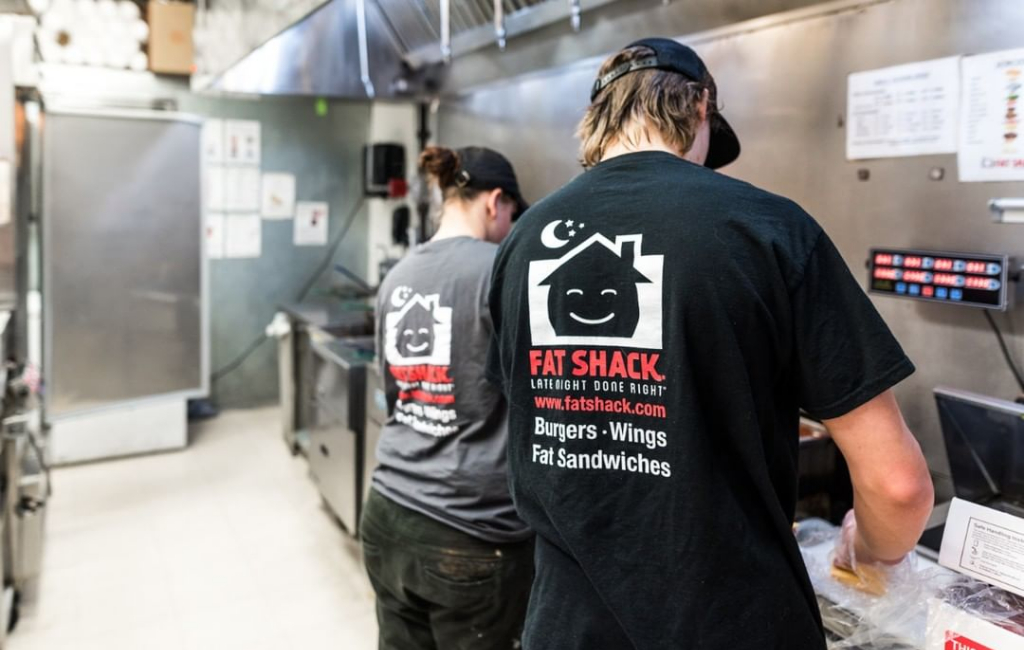
As for funding, the company has primarily relied on a combination of franchise fees, royalties, and, in some cases, personal funding for new store openings. The founders emphasize a commitment to reinvesting profits into the business, indicating a self-sustaining model for growth. Fat Shack’s financial health is underscored by its steady revenue streams and profitability, allowing the company to reinvest in new locations and sustain its operations. The strategic mix of corporate-owned and franchised stores positions the brand for continued expansion, with a goal to increase its footprint across the country. The success of the company is a testament to its unique concept, effective business model, and the founders’ dedication to providing a memorable dining experience.
The Negotiations:
The negotiations for Fat Shack on Shark Tank showcased a blend of enthusiasm, strategic thinking, and ultimately, a successful deal with Mark Cuban. Seeking a $250,000 investment for a 7.5% stake, the founders, Tom Armenti and Kevin Gabauer, presented their indulgent comfort food concept to the Sharks. The negotiation dance kicked off with Tom and Kevin describing their over-the-top sandwiches, emphasizing their success and $22 million in sales since 2010. Kevin O’Leary initially offered $250,000 for a hefty 25% stake, a proposition that sparked interest but prompted counteroffers.
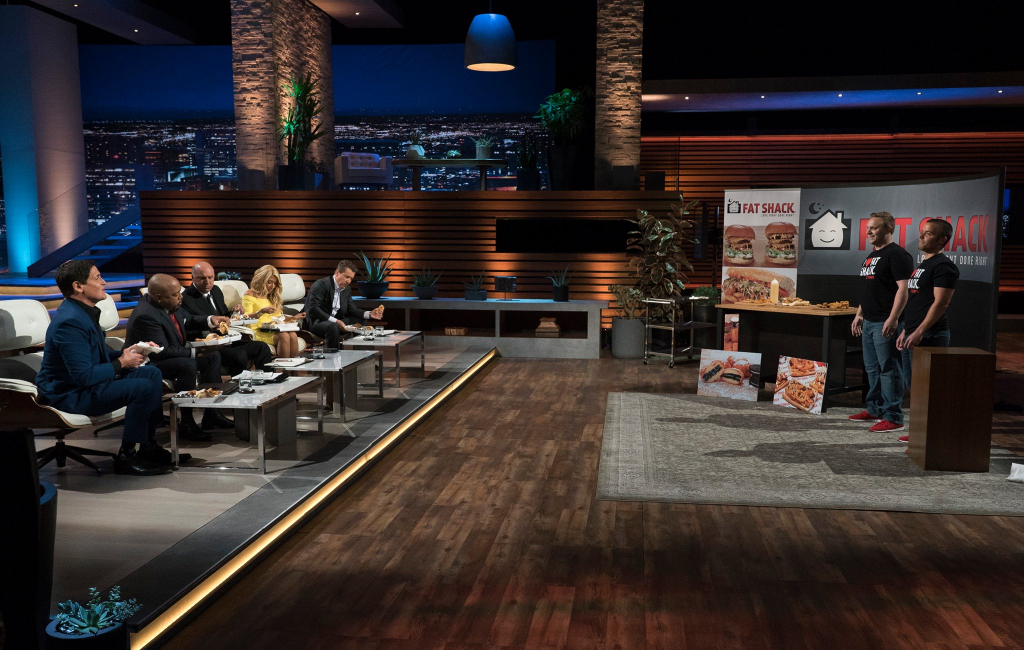
Mark Cuban, recognizing the potential in the brand, countered O’Leary’s offer with $250,000 for a 15% stake. This counter brought about a pivotal moment, showcasing Cuban’s belief in the company’s long-term success and setting the stage for a more favorable equity split. John also offered $250,000 for a 17% stake, aligning with Cuban’s terms. Lori and Robert, while expressing interest, ultimately bowed out of the negotiation.
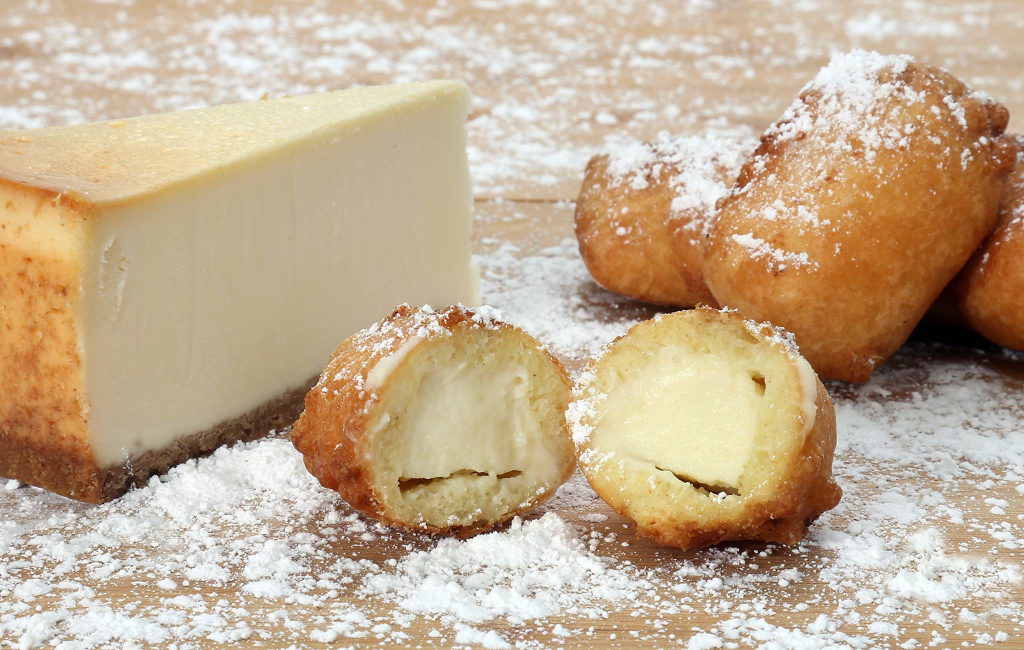
The founders, appreciating the Sharks’ interest and offers, counteroffered Mark Cuban with a 15% equity stake, which he swiftly accepted, sealing the deal. The negotiation not only demonstrated the Sharks’ recognition of Fat Shack’s potential but also highlighted the founders’ ability to secure a favorable agreement that balanced their need for investment with the Sharks’ desire for a reasonable return. The partnership with Mark Cuban provided Fat Shack with not just capital but also a high-profile advocate to fuel their ambitious growth plans and solidify their position in the competitive fast-food market.







